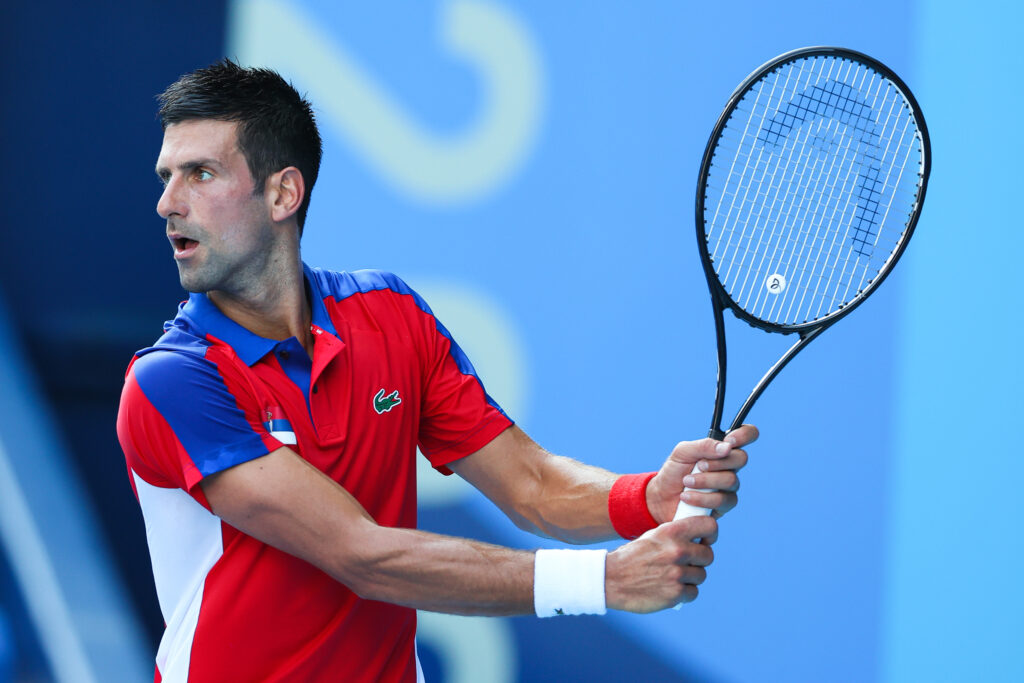Australia’s visa rules aren’t just for everyday folks – celebrities can get hit with a ban too.
We’ve all heard how high-profile people sometimes land in trouble overseas, but did you know Australia can cancel your visa even if you’re famous? Let’s break it down with the latest case: Kanye West.
Why do high-profile visa cancellations happen?
Australia’s Migration Act includes a “character test” (Section 501), which aims to protect the community from people who promote hate, violence, or serious wrongdoing. It gives the government authority to refuse or cancel a visa, even if there’s no criminal record, just concerns about behaviour or influence.
Kanye West (Ye): What went down
In May 2025, Ye dropped a new track called “Heil Hitler” with Nazi imagery and even a Nazi speech sampled at the end. Although Ye had visited Australia many times and even has family ties via his wife, Bianca Censori (a Melbournian), officials reassessed his visa and decided he no longer met the character requirements.
Home Affairs Minister Tony Burke explained: “Most of the visas that have been cancelled under [section 501] have been where someone was seeking to make a public speech,” he said. “The only one I can think of where it wasn’t for public advocacy – the visa – but we cancelled it anyway, would be Kanye West.”
Burke alleged Ye had “made a lot of offensive comments that my officials looked at again once he released the Heil Hitler song, and he no longer has a valid visa in Australia”.
While Ye’s visa was revoked, it’s not necessarily a permanent ban. He could apply again, but future applications will be thoroughly reassessed.
The bigger picture on visa cancellations
Other high-profile individuals have been turned away from Australia, too.
- In January 2022, Djokovic arrived in Melbourne for the Australian Open with a medical exemption from COVID-19 vaccination. Australian Border Force detained him at the airport and cancelled his visa, saying his exemption didn’t meet strict vaccine rules. The ban was later lifted, allowing him to return.
- In 2007, Snoop Dogg was denied entry to Australia after failing the “character test” due to past drug and firearm convictions. His ban was lifted in 2008 after a reassessment, and he’s since returned for multiple tours.
- Mike Tyson was banned from entering Australia in 2001 after government documents revealed he failed the character test due to his 1992 rape conviction, but he was later granted a short-term six-day visa in 2012.
- Tyler, the Creator claimed in 2015 that he had been “banned from Australia” amid a campaign by the activist group Collective Shout accusing him of misogynistic and violent lyrics. But, the government confirmed his visa application was still under review, and no formal ban was ever confirmed.
A quick peek at banned figures shows a range of names: Chris Brown (singer – previously banned), Julien Blanc (pickup artist), David Icke (conspiracy theorist), Gavin McInnes (Proud Boys founder), Floyd Mayweather (boxer).
Why this matters to us
-
Fame does not equal immunity: Being a household name doesn’t protect you from visa bans or character checks.
-
Expression matters: Even if your speech isn’t criminal, if it promotes hatred or division, you could be refused entry.
-
Visas aren’t forever: Removals aren’t always permanent. But future visas will face scrutiny.
-
Law and values: Australia’s laws reflect the country’s commitment to multicultural safety over celebrity privilege.





